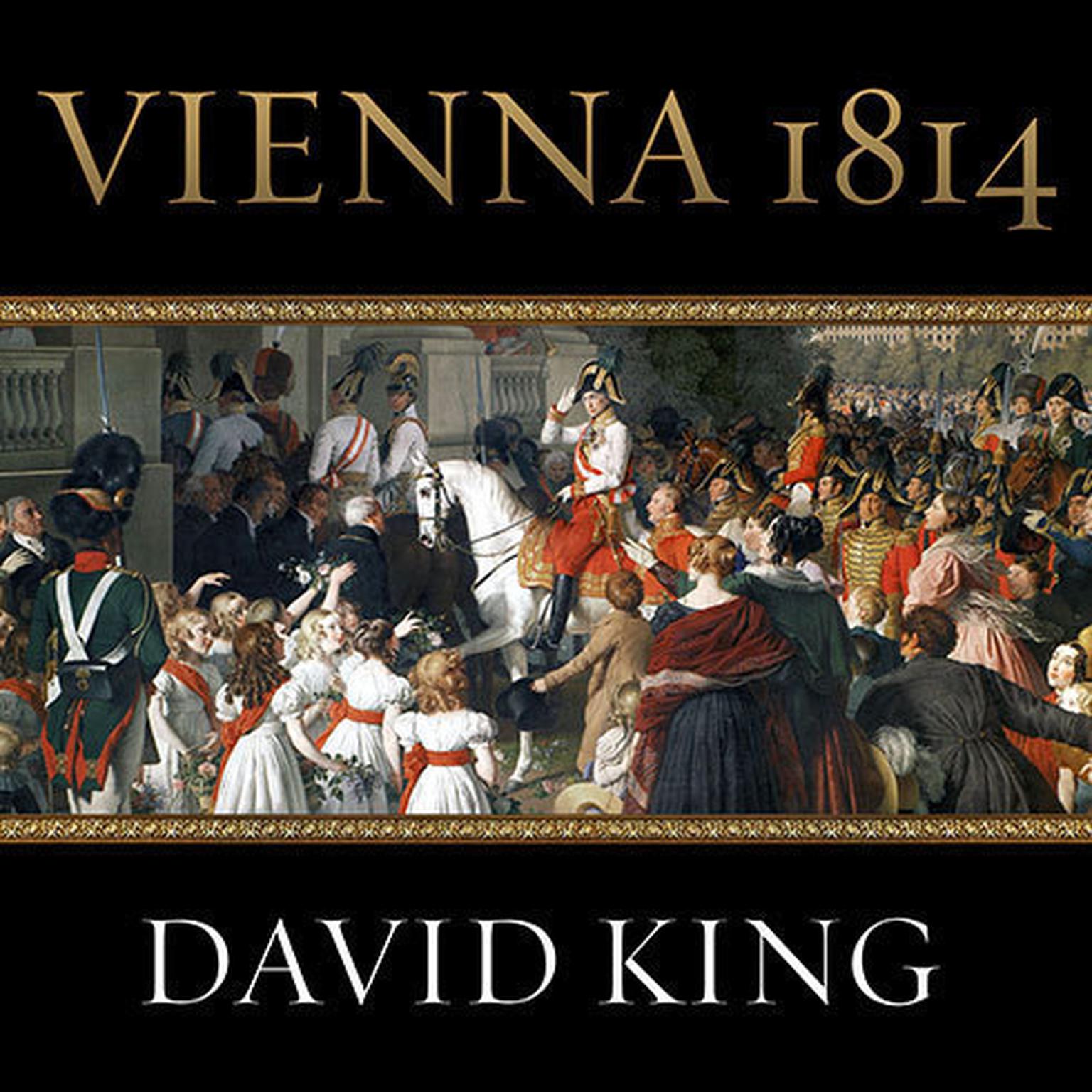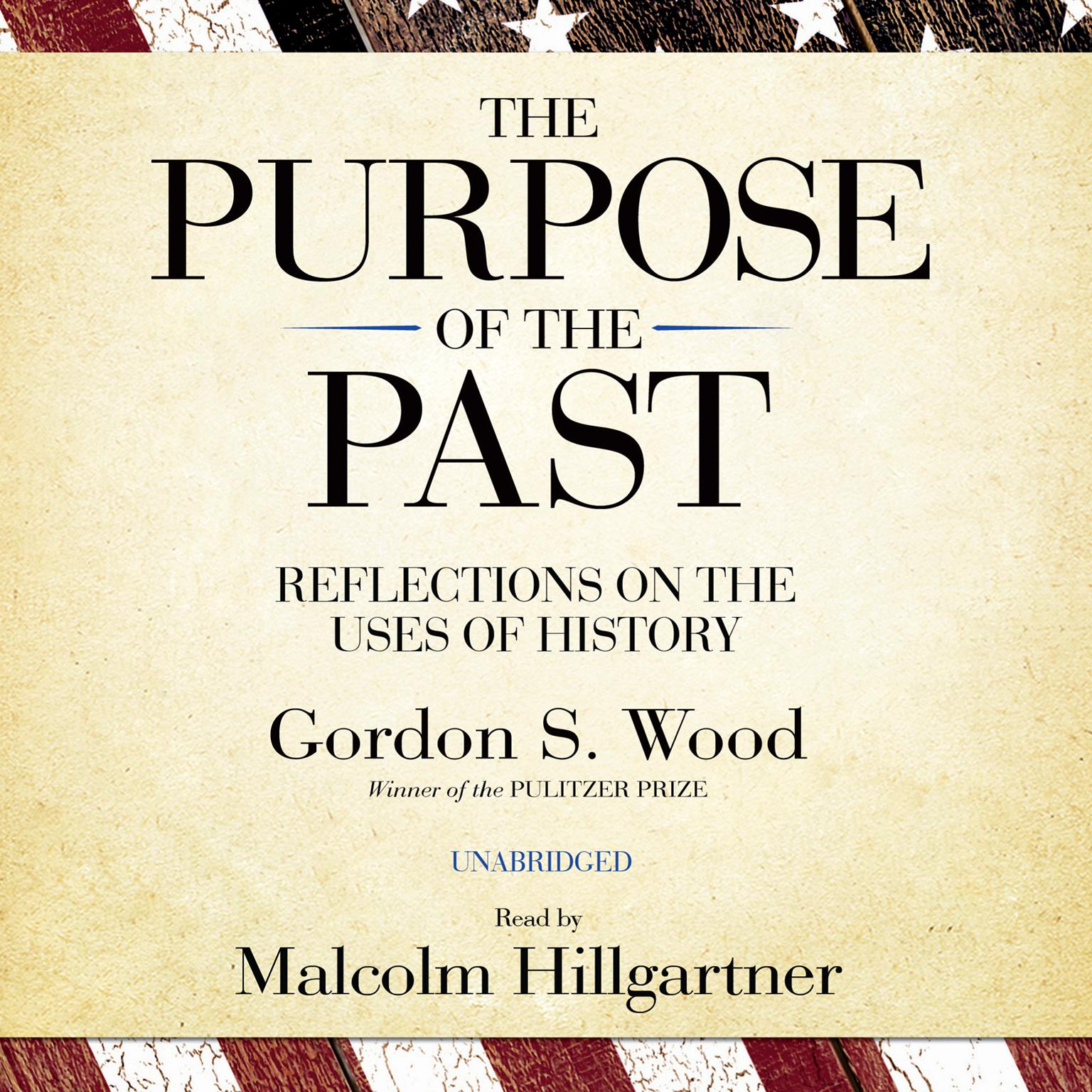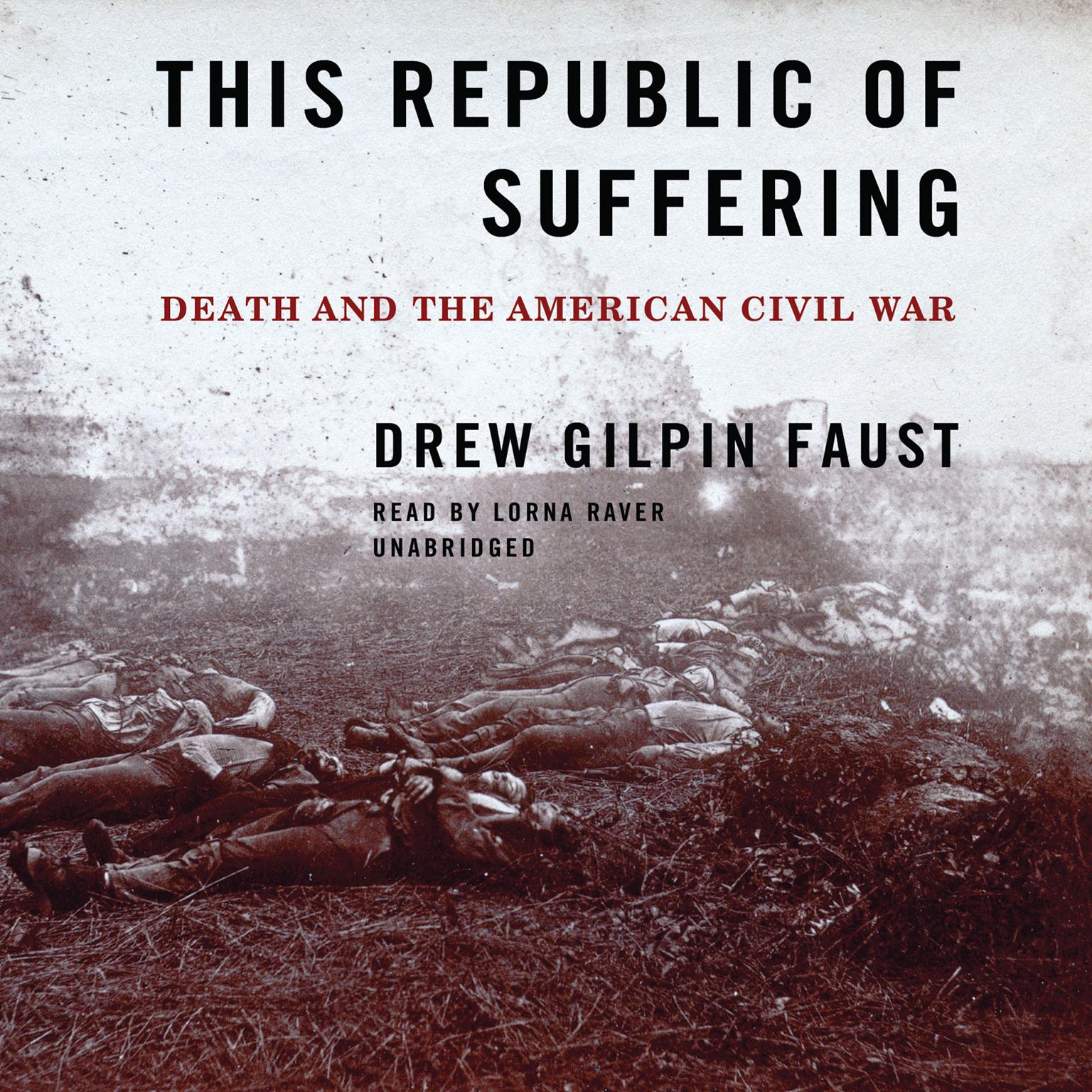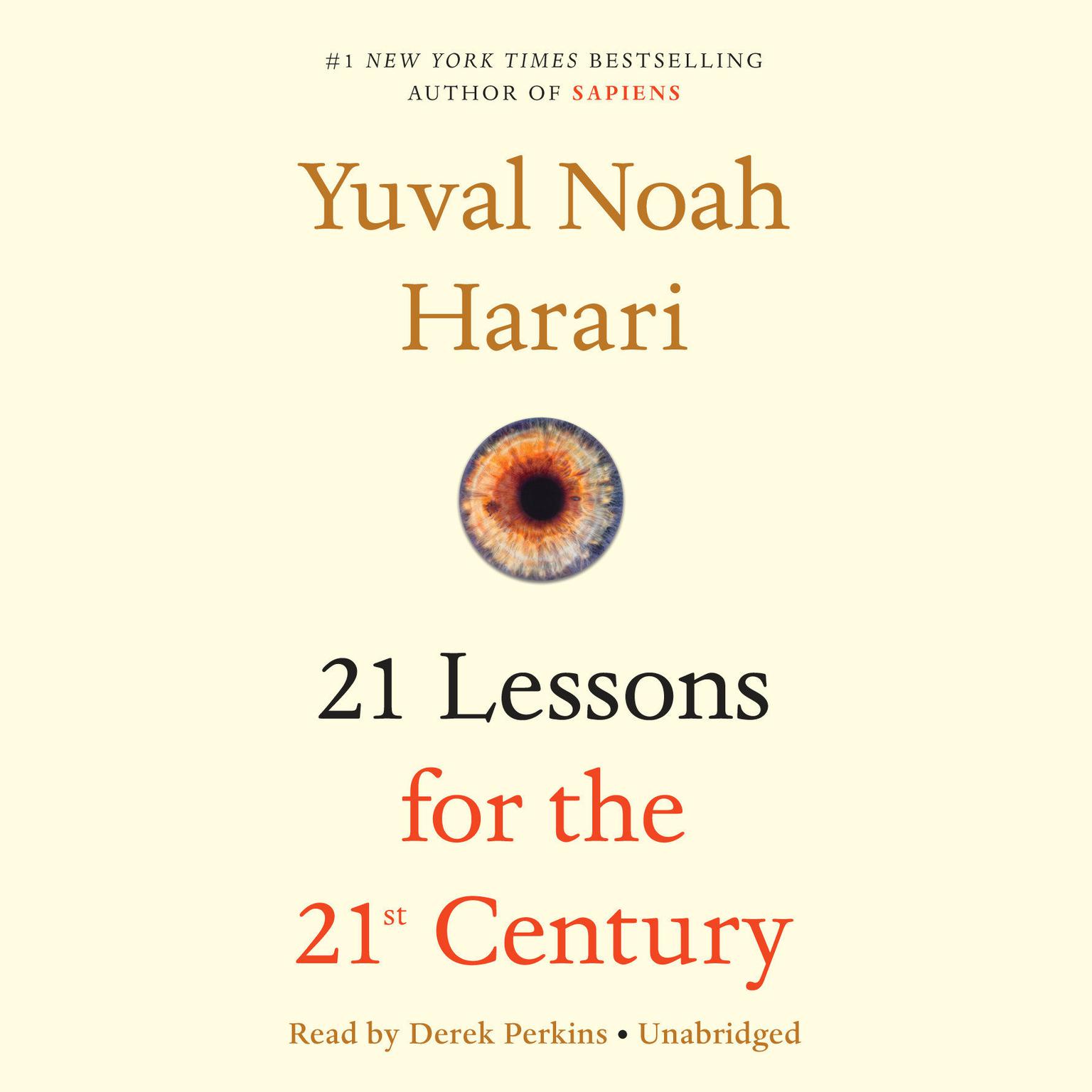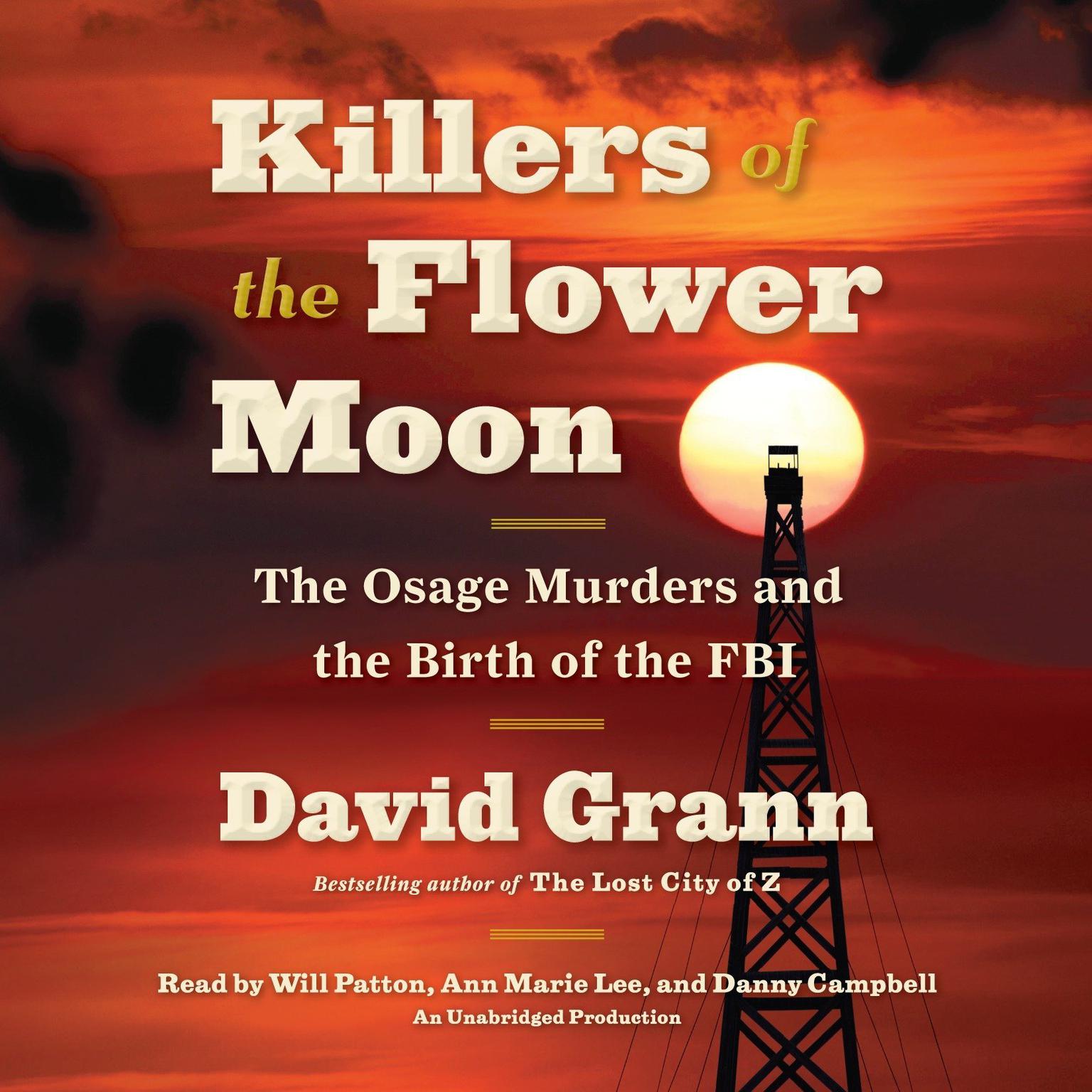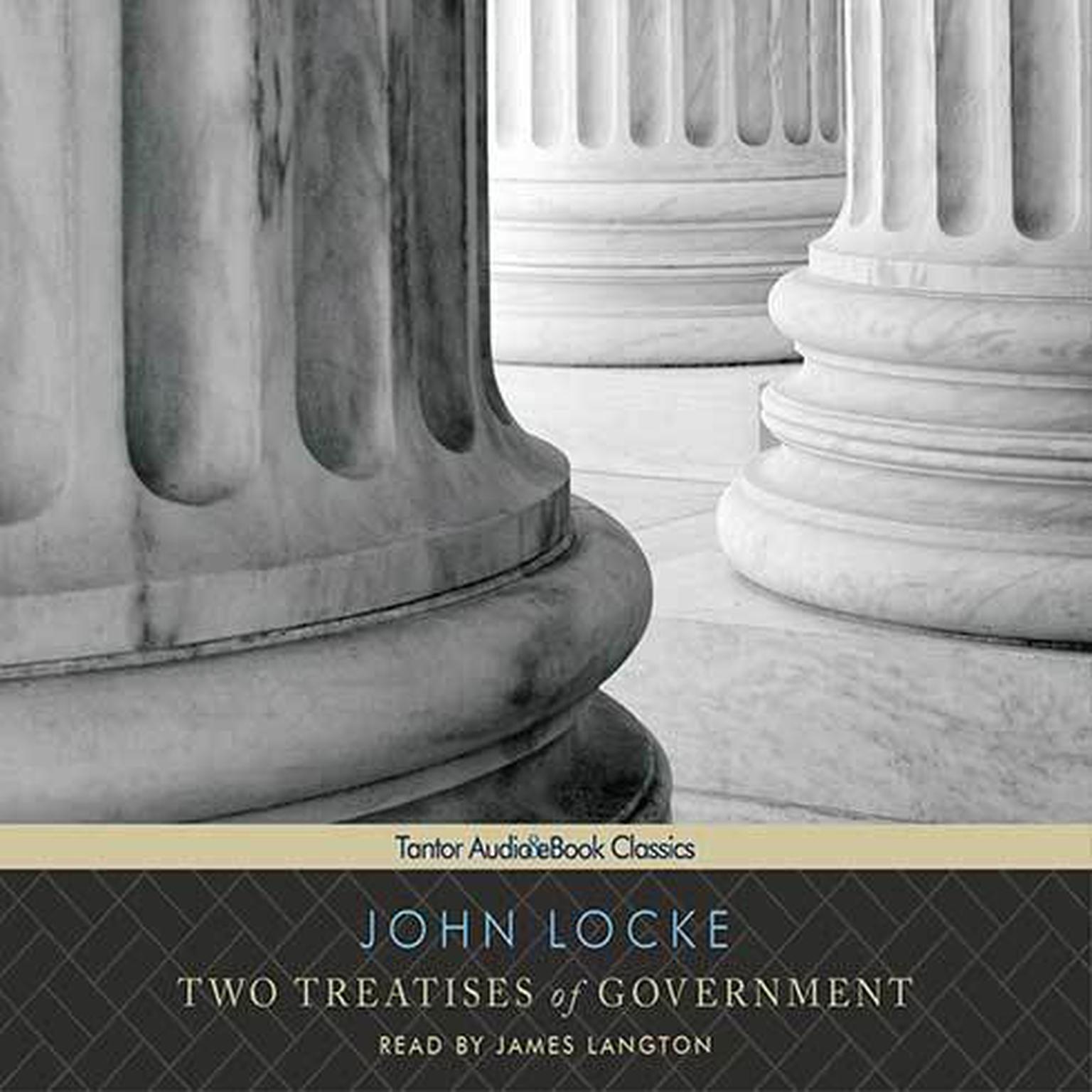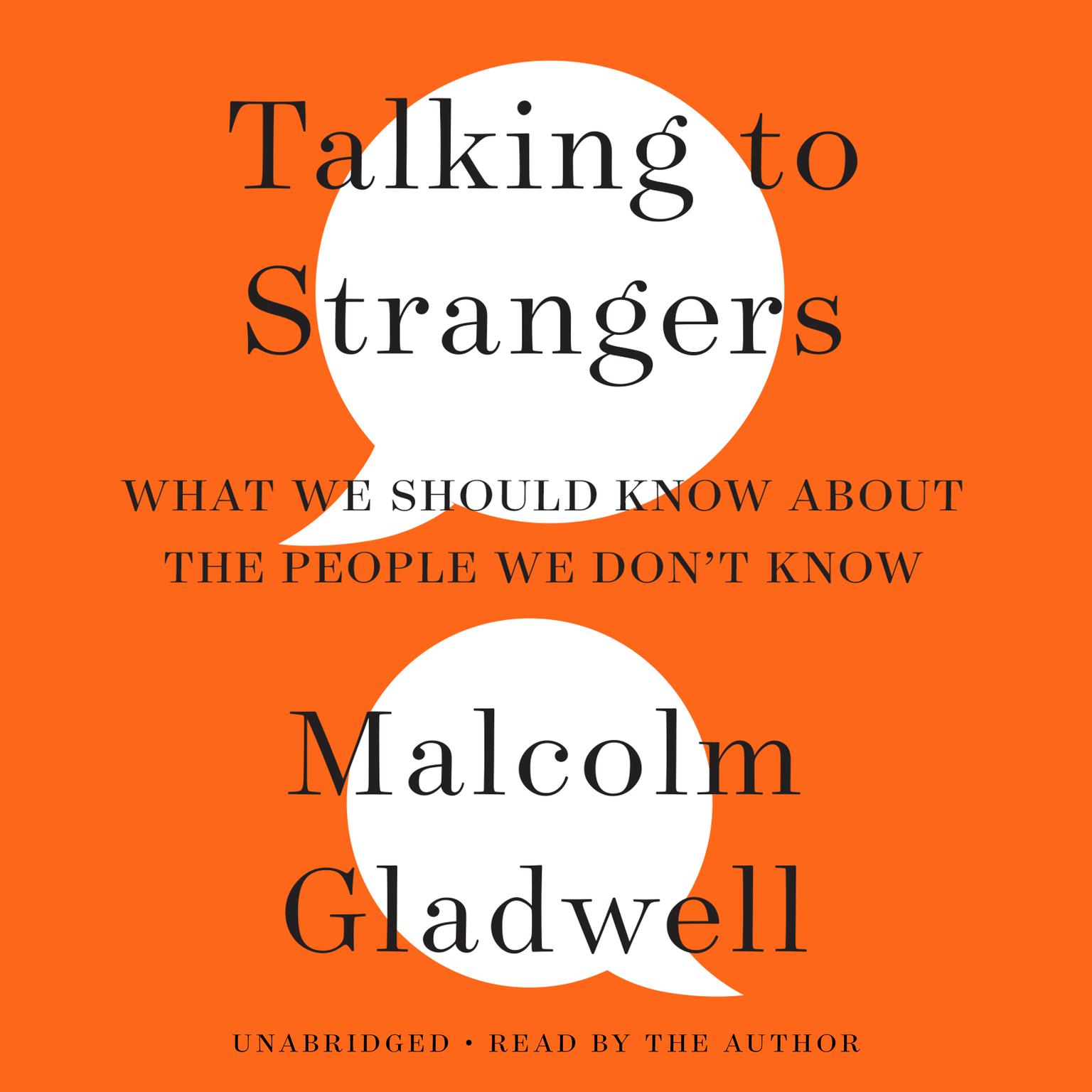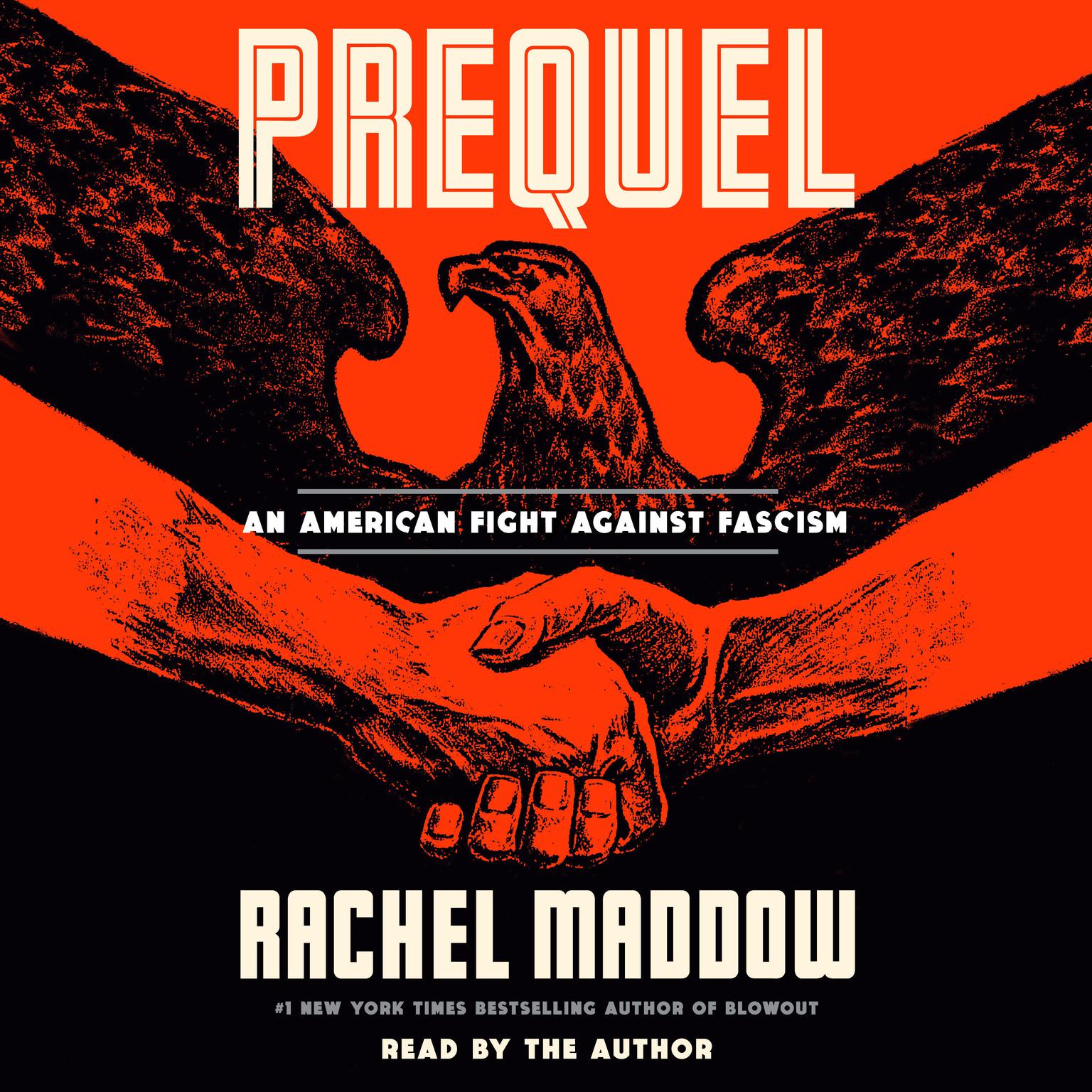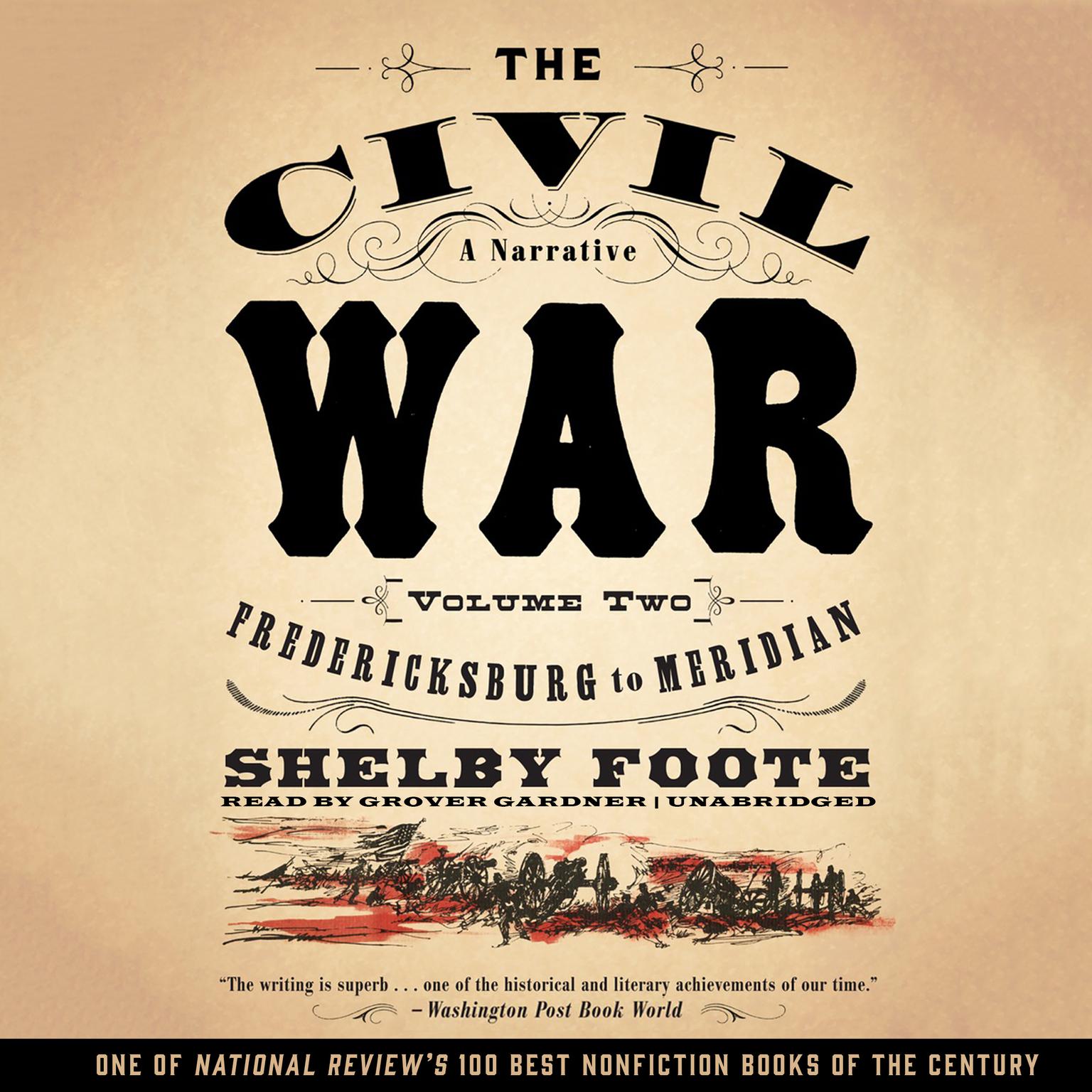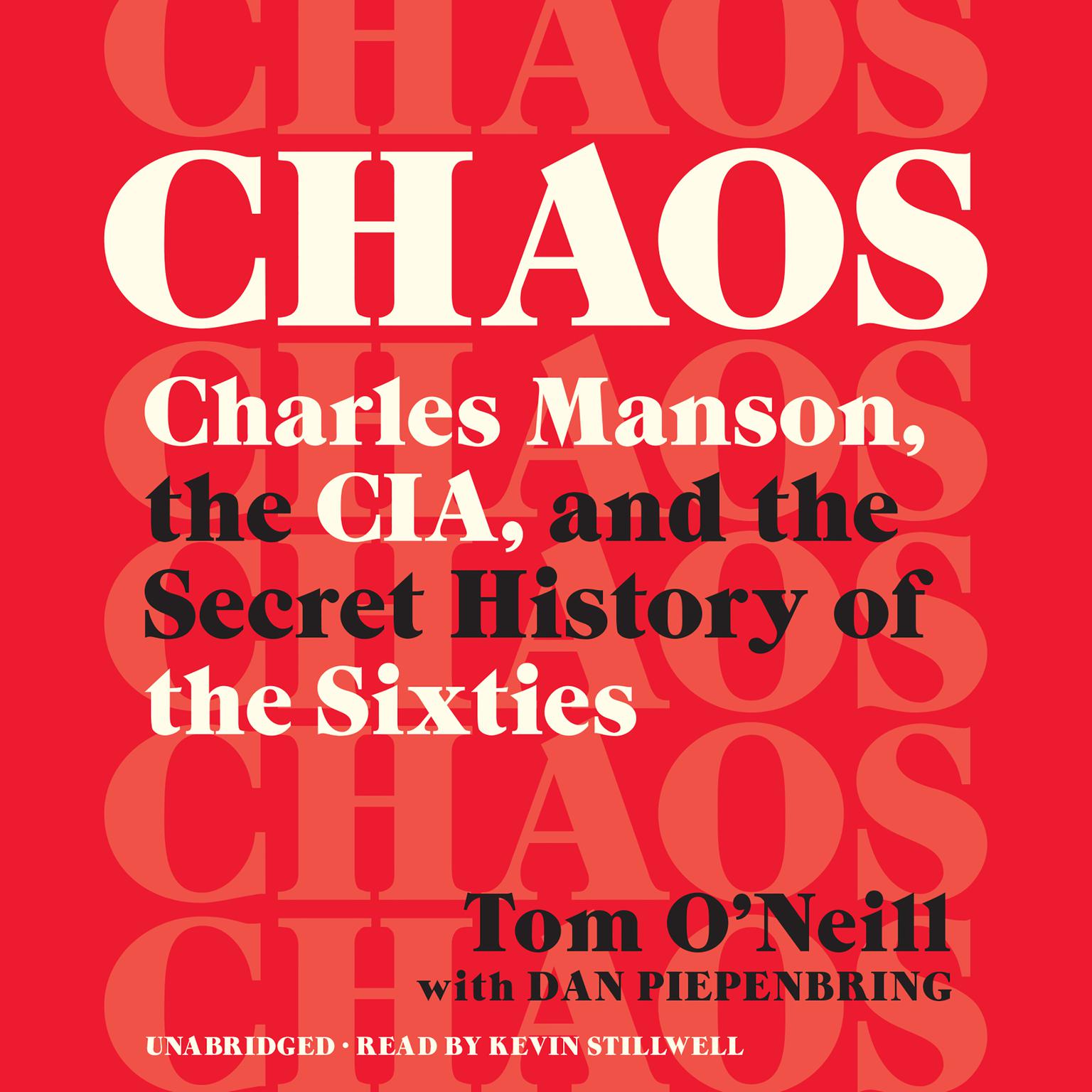Publisher Description
The Napoleonic Wars had torn Europe apart, and the peace conference of 1814 was to be held in the continent’s grandest city: Vienna. Everyone had an agenda in the postwar world, and spy networks, bitter hatreds, illicit affairs, and tangled alliances ensued.
Despite the gravity of the situation, the Hapsburg Emperor of Austria, in opening his splendid rococo palace to the European royals and providing elaborate banquets and lavish entertainments, set the stage for the most extravagant pageantry since the fall of the Roman Empire. Guests were swept up in the dazzling whirlwind of social events—masquerades, hunts, and elaborate dinners—even as maps were being redrawn, rulers reinstated or ousted, and fortunes transferred. Ultimately, the Congress of Vienna ushered in the longest period of peace Europe has ever known. Vienna 1814 is a rich, impeccably researched history of the intrigue and frivolity that would forever mark the Congress of Vienna as the greatest Vanity Fair of all time.
Download and start listening now!
“This book starts very slow, with the admittedly required set-up of the characters. Metternich, Tallyrand, and the other key figures at the Congress of Vienna are placed in their historical context, and the reader gets a primer on each of their backgrounds and what makes each one tic. Next comes a section which makes a reader feel like he is reading Us Weekly, rather than a historical work, with details of sordid affairs, and other gossip that is seemingly unworthy of a serious look at one of the major events in world history. However, it becomes clear, as details of Tsar Alexander’s ability to play on Metternich’s heart strings by taking up with his former mistress, that these events really are key to the diplomatic maneuvering and posturing of the Congress. Davis demonstrates that the resulting peace was less an orchestrated agreement than a poor, nearly accidental compromise. The next step in this logic, which Davis never explicity lays out, is that the peace held more because Europe was so traumatized by war than because of the just peace that brought it to a close. Instead, Davis notes that the strong Prussia which emerged laid the seeds for the wars of the 20th century, and the failure to contain Russia and nix its ambitions in Southeast Europe (the Balkans and Turkish territories) sparked future struggles from the Crimean War to the Cold War.”
—
Bill (4 out of 5 stars)
